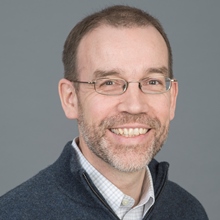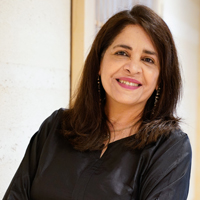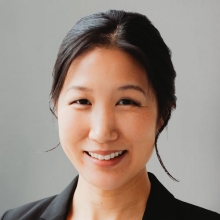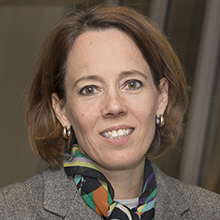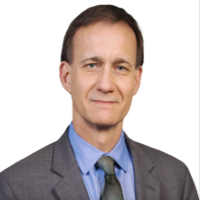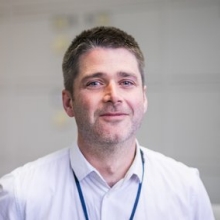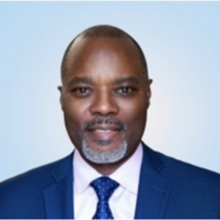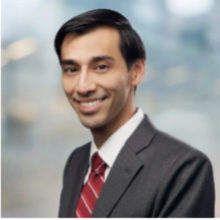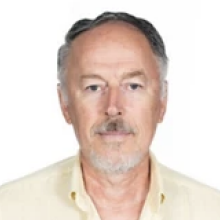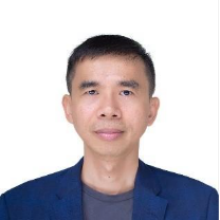- Overview
- Agenda
- Speakers
As the two-day Reimagining Public Finance Management Global Conference concludes, the Financial Management Umbrella Program (FMUP) Partners Forum will offer a focused, action-oriented space to translate the conference’s insights into next steps. This half-day forum will convene key stakeholders, governments, development partners, philanthropies, academia, civic tech, and corporate advisors, to explore how partnerships can be reimagined to deliver stronger, more resilient public financial management (PFM) outcomes.
In a context of rising fiscal pressures, declining Official Development Assistance (ODA), and growing demands for transparency and results, the forum will spotlight how diverse actors can align their strengths from policy influence, financing, innovation, and knowledge to co-create solutions that scale. It will also serve as a platform to identify concrete opportunities for joint action, learning, and resource mobilization under FMUP.
The World Bank is committed to positioning partnerships at the core of its strategy by combining financing, knowledge, and convening power to enable integrated, country-focused solutions. The Financial Management Umbrella Program (FMUP) Partners Forum provides a high-level platform to align priorities, identify pathways for collaboration, and explore new models for joint action. Discussions will center on sustaining PFM reform momentum, expanding the coalition of actors, and mobilizing knowledge and resources to strengthen fiscal resilience globally. This dialogue aims to set the tone for next-phase partnerships that drive innovation, inclusion, and impact in PFM reform. By anchoring the conversation in the momentum generated by the conference, the forum aims to catalyze a new generation of partnerships that are more inclusive, adaptive, and impact-driven.
1:30 - 1:45
Session I- Welcome and Opening Remarks
The opening session will set the strategic context for the forum by connecting the conference’s momentum to the forum’s action-oriented focus. It will highlight why PFM reforms matter for fiscal stability and how diversified partnerships can drive innovation, scale and impact. Speakers will frame the forum as a launchpad for collaboration, learning, and next-phase reform priorities.
Speakers
- Doerte Doemeland Director, Strategy & Operations, World Bank
- Aart Kraay, Chief Economist, Prosperity Vertical, World Bank
- Maitreyi Das, Director, Trust Funds and Partner Relations, Development Finance, World Bank
1:45 - 2:30
Session II- Reimagining PFM: Reflections and Insights from Regional Operations
This session will spotlight real-world innovations and lessons from FMUP-supported regional operations. Speakers will share practical insights, common challenges, and adaptive strategies that reflect the reimagining PFM approach in action. By grounding the conversation in frontline experience, the session will highlight how partnerships and implementation realities shape reform outcomes and how these lessons can inform next-phase collaboration and scaling.
Moderator
Serdar Yilmaz
Presenters
- Tracey Lane, Practice Manager, Governance - Financial Management & Public Sector, Africa West Region, World Bank
- Joseph Mubiru, Practice Manager, Institutions - Financial Management, Latin America and the Caribbean Region, World Bank
2:30 - 3:30
Session III- Expanding the PFM Ecosystem, Building Alliances for Impact
This session will explore how strategic partnerships with think tanks, academic institutions, philanthropies, and private sector advisors can move beyond knowledge generation to co-creation, experimentation, and implementation in the context of PFM reforms. Panelists will share how their institutions are working with governments and development partners to shape reform agendas, test new approaches, and build institutional capacity.
The discussion will focus on:
- What’s needed from knowledge partners to support outcome-focused, adaptive PFM reform.
- How FMUP and its partners can serve as a platform for joint learning, piloting, and scaling.
- Concrete opportunities for collaboration, such as co-developing tools, embedding research in operations, or supporting country-level reform coalitions.
By the end of the session, participants should have a clearer sense of how to engage in next-phase partnerships that are practical, inclusive, and aligned with the momentum generated by the Reimagining PFM agenda.
Moderator
Anna Thompson Quaye, Senior External Affairs Officer, Engagement and Partnerships and Lead, Think Tanks
Panelists
- Paul Smoke, Professor, Public Finance and Planning and Acting Director, NYU Center on International Cooperation New York University
- Leslie Tsai, Director, Integrity Programs, Chandler Foundation
- Andrew Lawson, Co-Founder and Technical Director, Fiscus
- Cathal Long: Senior Research Fellow, ODI Global
3:30 - 3:40
Coffee Break
3:40 - 4:25
Session IV- Forward Vision: Priorities for Future Collaboration
This closing session will consolidate insights from the day and chart a path forward for collaboration under the FMUP. Building on the themes of innovation, inclusion, and impact, the discussion will identify actionable priorities for joint engagement, focusing on where partnerships can accelerate reform, deepen learning, and mobilize resources.
The session will also explore how the forum’s conversations can inform next-phase strategies for FMUP, including:
- Strengthening country-level coalitions for reform.
- Scaling successful models and tools.
- Creating platforms for continuous learning and experimentation.
Participants will be invited to reflect on what they can commit to, and how FMUP can support and connect these efforts.
Q&A Moderator
Richard Sutherland, Program Manager, Financial Management Umbrella Program
Presenter
Sokbunthoeun So, Senior Public Sector Specialist, Financial Management Umbrella Program
4:25 - 4:30
Session V - Closing
Vishal Gujadhur, Deputy Director, Development Policy & Finance Team, Global Policy & Advocacy Division, Gates Foundation
5:00 - 6:00
Reception & Networking Dinner
FAQs
Yes. Please use the Sign Up button to register. This confirms your attendance for either the in-person event or access to the livestream. Once registered, you’ll receive an email with event access details, location or login instructions, and timely reminders.
The event recording will be available on this page shortly after it concludes. If you registered via the Sign Up button, you’ll receive a follow-up email with a link to watch the replay and access any resources shared during the event.

